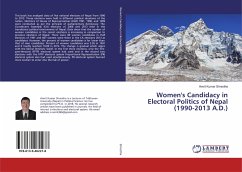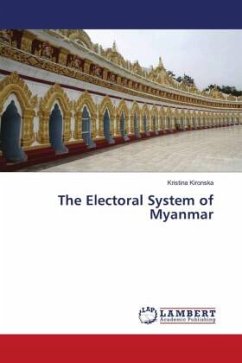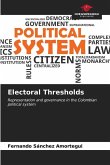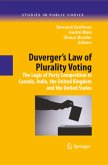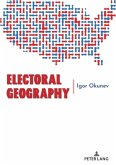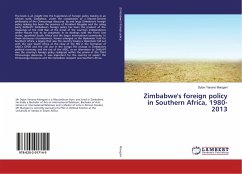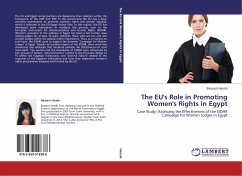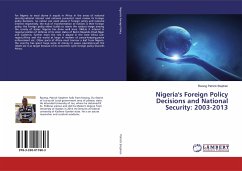This book has analyzed data of five national elections of Nepal from 1990 to 2013. Those elections were held in different political situations of the nation. Elections of House of Representatives (HoR) 1991, 1996, and 1999 were conducted as per the principle of parliamentary democracy. The Constituent Assembly (CA) elections of 2008 and 2013 held in the transitional political environment of Nepal. Data show that the number of women candidates in the recent elections is increasing in comparison to previous elections of Nepal. There were 80 women candidates in HoR elections of 1991 and 667 women were there in the CA elections 2013 as candidates. However, the percent of women candidates is far lower than that of men candidates. Percent of women candidates was 5.95 in 1991 and it hardly reached 10.89 in 2013. The change is gradual which aligns with the liberal feminists' belief. In the first three elections, only the first-past-the-post (FPTP) electoral system had used and in the second two elections with the FPTP electoral system Proportional Representation (PR) electoral system also had used simultaneously. PR electoral system favored more women to enter into the hall of power.
Bitte wählen Sie Ihr Anliegen aus.
Rechnungen
Retourenschein anfordern
Bestellstatus
Storno

